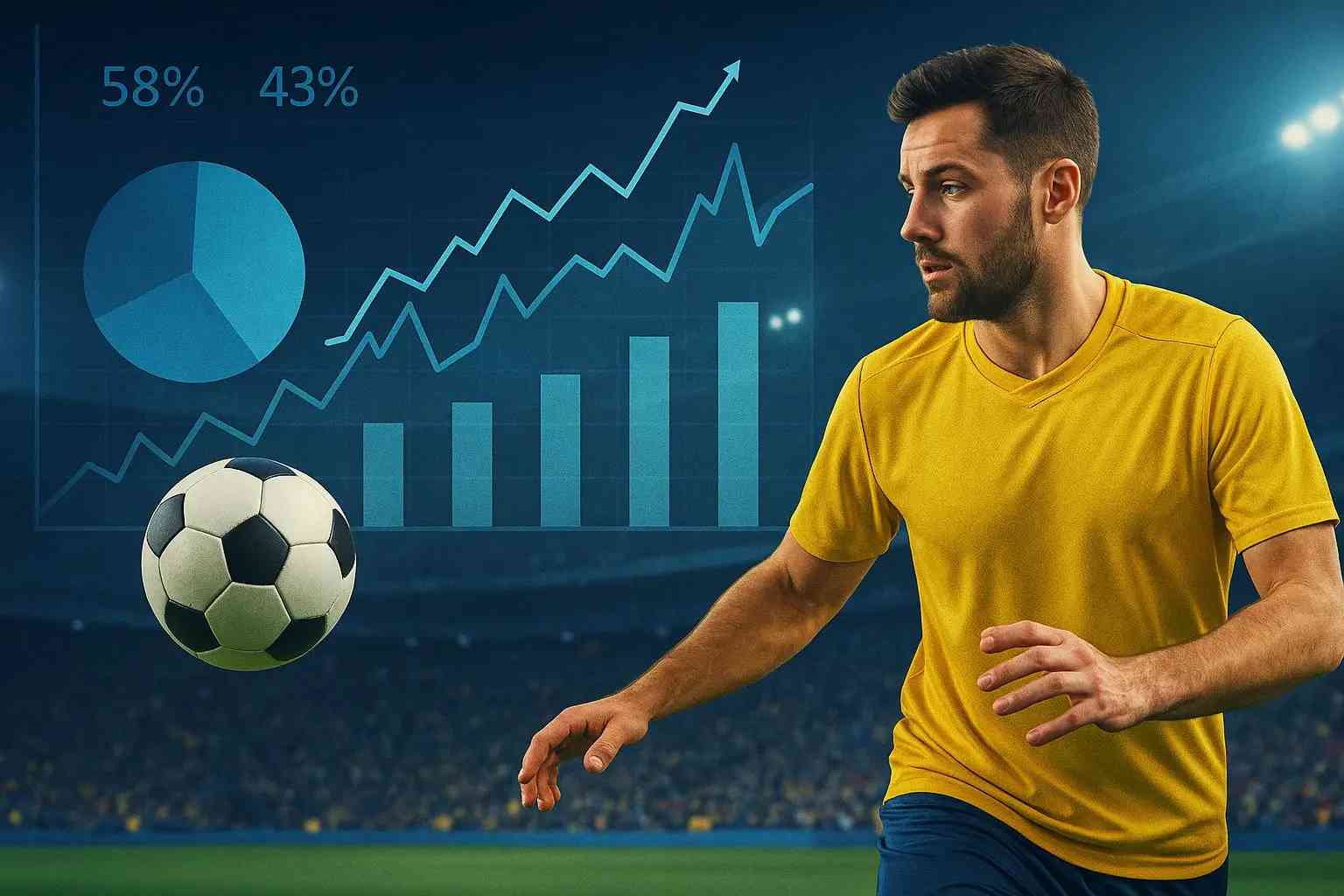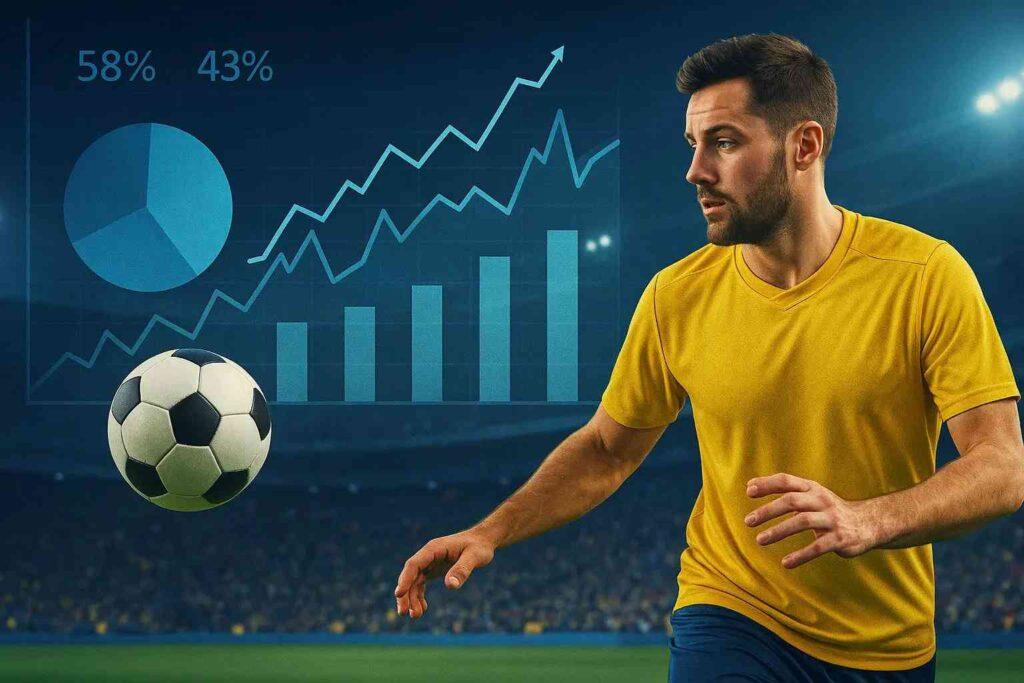
How data, intuition, and technology are reshaping the way we forecast outcomes
In today’s hyperconnected world, prediction has evolved from a guessing game into a refined mix of data science, psychology, and human intuition. Whether it’s anticipating the outcome of a football match, forecasting the stock market, or even making personal decisions, our ability to predict the future depends on how well we interpret signals from the present.
With modern analytics tools, the average person now has access to insights that once belonged only to large organizations or research institutions. Yet, despite these advancements, the core challenge remains: turning information into accurate foresight. For anyone passionate about improving their predictive skills, there’s a fascinating intersection where logic meets luck.
If you’re someone who enjoys applying your foresight to gaming or entertainment, you might find it equally thrilling to explore how probability and timing play a role in chance-based experiences. Check out Winna.com for a look at how modern online platforms blend entertainment with probability in a way that feels both engaging and strategic.
The Balance Between Data and Instinct
At the heart of every prediction lies a decision: to trust the numbers or your gut. In sports, for instance, data models can estimate outcomes based on player performance, weather, and history. Yet, those who’ve watched the game long enough know there are intangible factors—team chemistry, morale, and momentum—that numbers can’t easily quantify.
The same applies to financial markets or lifestyle choices. Purely relying on analytics may miss the subtle cues of human behavior that often shift outcomes. Great predictors learn to combine both worlds, blending statistical probability with intuitive judgment.
The Rise of Predictive Technology
Artificial intelligence has completely changed how we approach forecasting. Predictive algorithms can now process millions of data points in seconds, uncovering trends that even seasoned analysts might miss. From personalized marketing to sports analytics and weather modeling, machine learning tools are pushing the boundaries of what’s possible.
Yet, these tools don’t replace human decision-making—they enhance it. The best outcomes often arise when people interpret AI-driven insights through their own lens of experience and reasoning. It’s the partnership between human intuition and digital intelligence that defines the next frontier of prediction.
Why Uncertainty Will Always Matter
No matter how advanced our systems become, uncertainty remains an inescapable part of life. Every prediction—whether made by a machine or a human—is still a probability, not a promise. In fact, embracing uncertainty can lead to better decision-making. By acknowledging the limits of our knowledge, we make room for flexibility, adaptability, and creativity.
Psychologists refer to this mindset as “calibrated confidence”: being sure enough to act, but humble enough to adjust when new information appears. This balance separates impulsive guesses from thoughtful predictions.
Learning from Real-World Forecasting
One of the best ways to sharpen your predictive instincts is to study real-world examples. From Nate Silver’s political forecasting models to machine learning-powered climate predictions, the real success stories show that good predictions are rarely about luck—they’re about preparation, iteration, and feedback.
According to a recent article in Harvard Business Review, the most accurate forecasters are those who continuously refine their assumptions, admit when they’re wrong, and use mistakes as learning tools. In short, great predictors aren’t always right, but they’re always improving.
Final Thoughts
Prediction will always sit at the crossroads of science and art. While technology continues to refine our analytical tools, the human element—intuition, adaptability, and judgment—remains essential. The more we learn to combine logic with instinct, the closer we get to seeing the future just a little more clearly.
So whether you’re predicting the outcome of a match, making a big life decision, or simply exploring the patterns of chance and probability, remember: every prediction is an opportunity to learn. And as our tools evolve, so too does our ability to imagine what’s next.
Read More:



